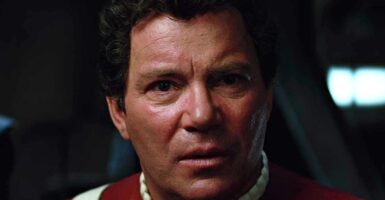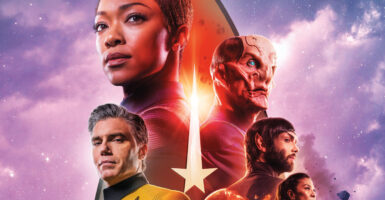Star Trek Needs To Stop Making Movies For So Many Reasons
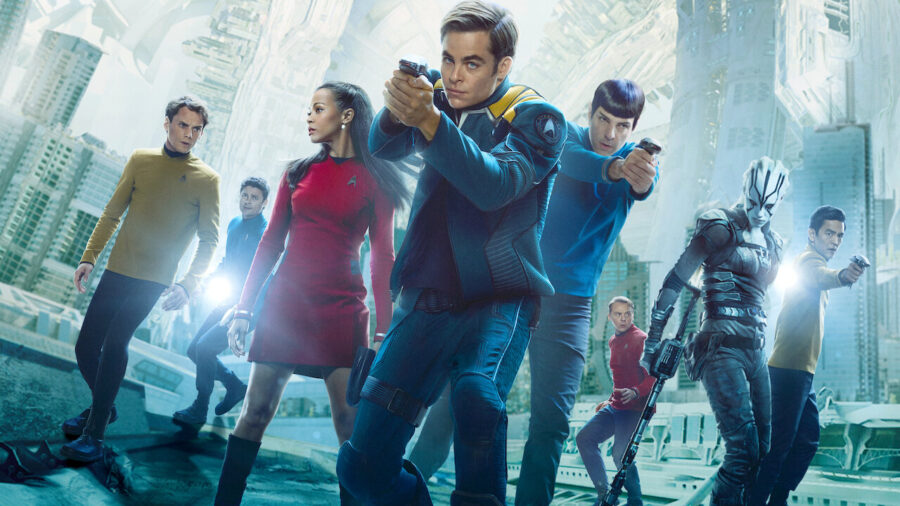
Star Trek has had some great movies over the years, and since Star Trek Beyond in 2016, there have been some interesting ideas for more feature films. Some of these ideas were really cool, including having Quentin Tarantino direct an ultraviolent movie featuring the cast of the reboot films. But here’s a cold fact that might blow Paramount’s brains like they were Marvin in Pulp Fiction: for the health of the entire franchise, Star Trek needs to stop making movies altogether.
We Need More Time With Characters
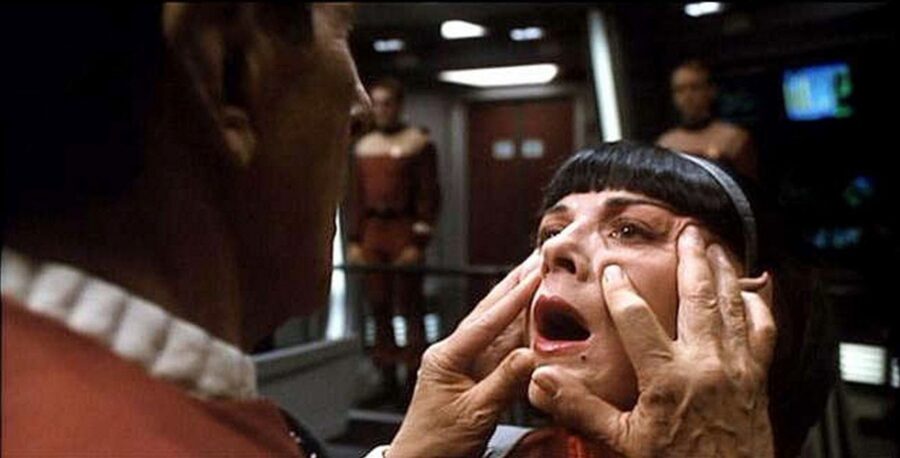
From the very beginning, Star Trek has been designed for long-form storytelling. Audiences got to hang with the crew for one hour per week (minus commercials) and were able to see these characters grow over time. That’s a large part of what made the original Star Trek movies so great: all that character development culminated in some surprising moments, including a more mature Spock telling Valeris that logic is only the beginning of wisdom and not the end of it.
By comparison, the Trek reboot films have showcased the innate problem with new Star Trek movies. We don’t really know who these new characters are, thanks to the different timelines, and that means we only have about two hours to get to know an entire ensemble cast. Heck, our entire time with the reboot crew was the equivalent of getting only six or seven episodes with them, and that’s not enough time to flesh out these amazing characters.
Blockbuster Movies Prevent Good Storytelling
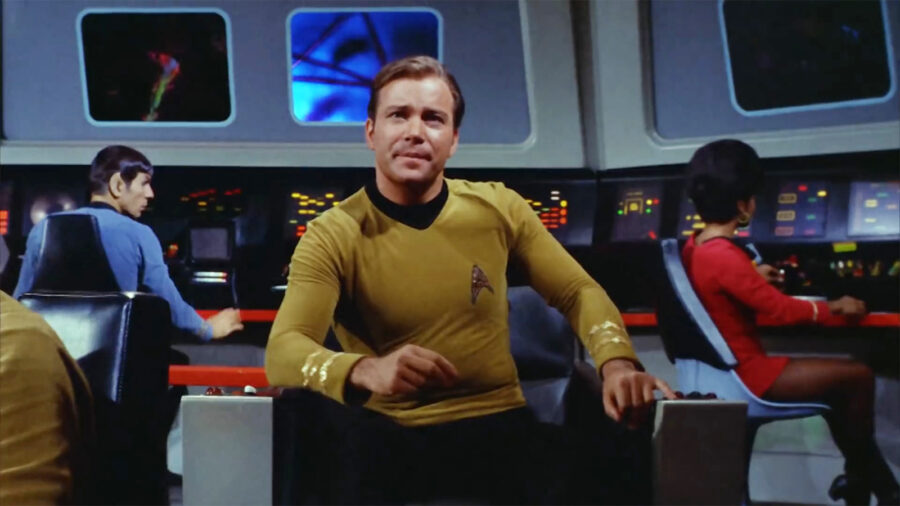
A big part of why Star Trek has succeeded as a franchise is that each season brings us a wide variety of different stories. Don’t like this week’s action-adventure or mystery plot? No worries… next week will bring us another “inhuman character discovers his humanity” episode, or maybe a “Picard impersonates a lawyer again” episode.
However, the Star Trek movies now only have one kind of story to tell: the action-adventure story involving as many battles in space and on the ground as the writers can cram into them. This not only cuts into the actual time spent on character development but also keeps us from seeing how these characters tackle different kinds of problems. The original Captain Kirk would never have become a pop culture icon if all he did was fight weird aliens, but the Kirk of the reboot Star Trek movies is given almost nothing else to do but serve as a cookie-cutter action hero.
Running the Wrath of Khan Formula Into the Ground
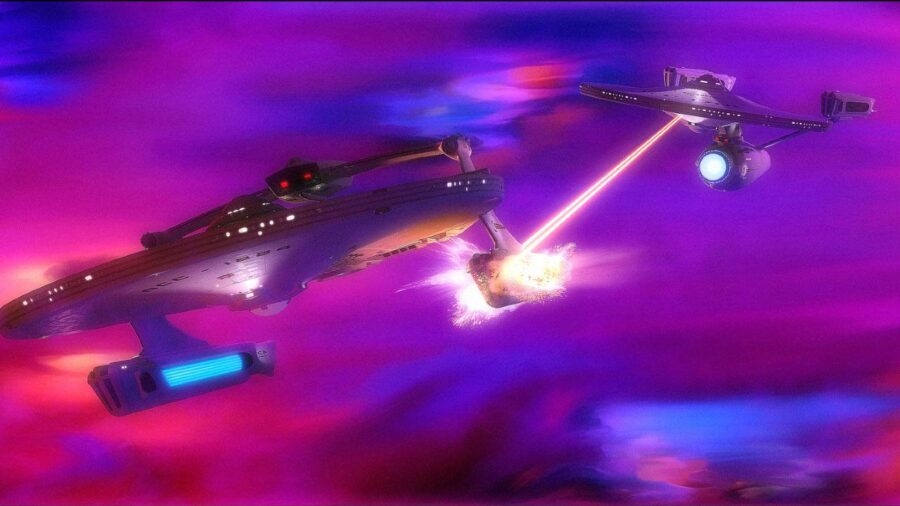
The very first Star Trek movie was designed as a big-budget episode of the television series; accordingly, it dealt with crunchy themes of exploration and alien contact while also showing characters like Kirk dealing with the realities of getting older. Unfortunately, the movie was boring enough that critics began calling Star Trek: The Motion Picture the Motionless Picture to emphasize how slow its pace and plotting were. We wouldn’t have any Star Trek movies past that first one if director Nicholas Meyer hadn’t convinced Paramount he could make a tight, action-oriented sequel for a fraction of the first film’s budget.
That Star Trek movie was The Wrath of Khan, and that cinematic showdown between Kirk and Khan is still widely considered to be the best film in the franchise. Unfortunately, Paramount keeps trying and failing to recreate that movie: First Contact, Nemesis, and the entirety of the reboot films all boil down to “Big Bad with a grudge against our hero must be stopped.” To be blunt, if the only movies the franchise can now deliver are crappier versions of what we’ve seen before, then Star Trek needs to stick to television rather than movies.
Familiar Faces Hold the Franchise Back
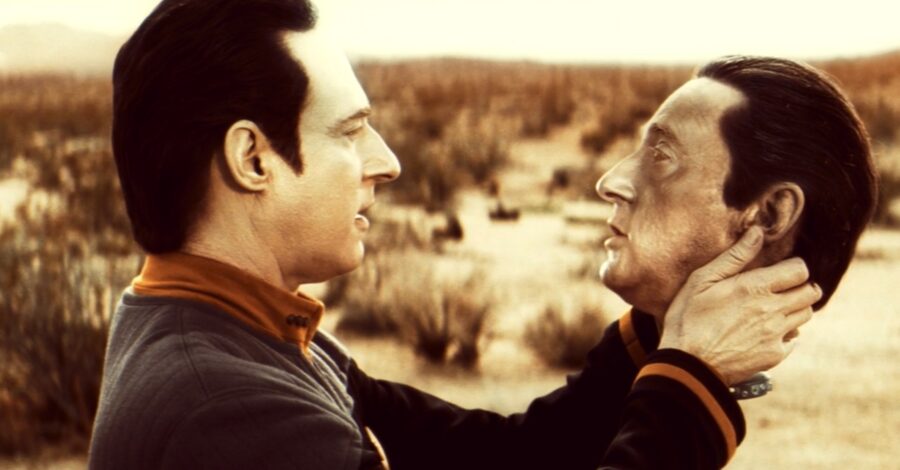
The fact that the Star Trek movies focused on new adventures of old characters like Kirk and Spock is no coincidence. The franchise was nearly dead after the cancellation of Enterprise, and Paramount wanted to get the world’s attention by utilizing some familiar faces that everyone already knew and loved. The strategy worked (for a time, at least), but it also highlights the problem with creating new Star Trek movies.
At this point, if we get yet another film focusing on The Original Series crew, it will seem like the franchise is out of ideas, but the next Star Trek movie realistically can’t focus on new characters (like those in Discovery or Strange New Worlds) because the new characters’ shows aren’t nearly as popular as The Original Series or The Next Generation ever were. Presumably, that’s why the next Star Trek “movie” will be a Section 31 film streamed on Paramount Plus: the made-for-TV movie will have a lighter budget and premiere where existing Discovery fans can enjoy it without leaving the house.
Honestly, this is a great model for Star Trek movies going forward, and a blend of TV shows and made-for-TV movies means that the franchise can have its Plomeek soup and eat it, too.
